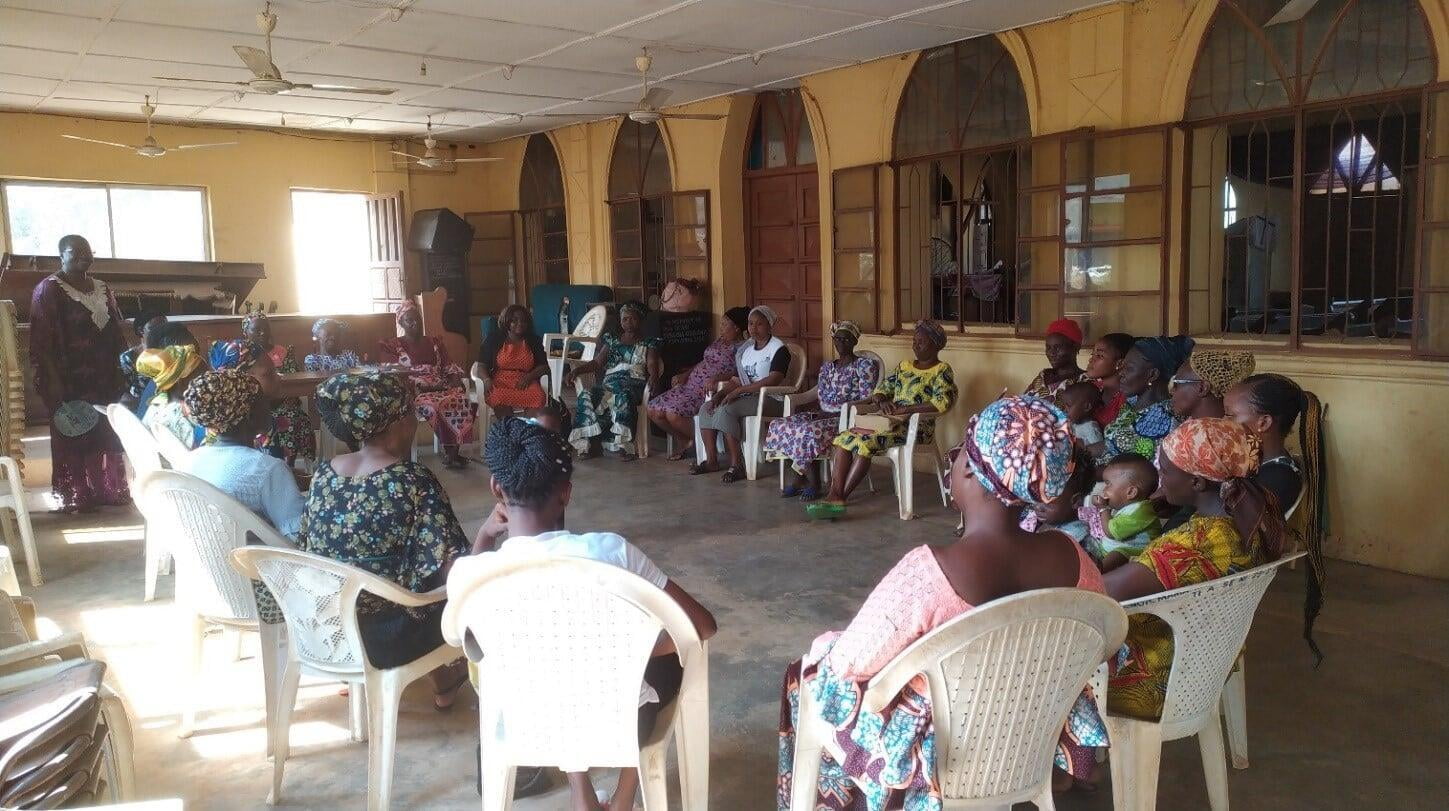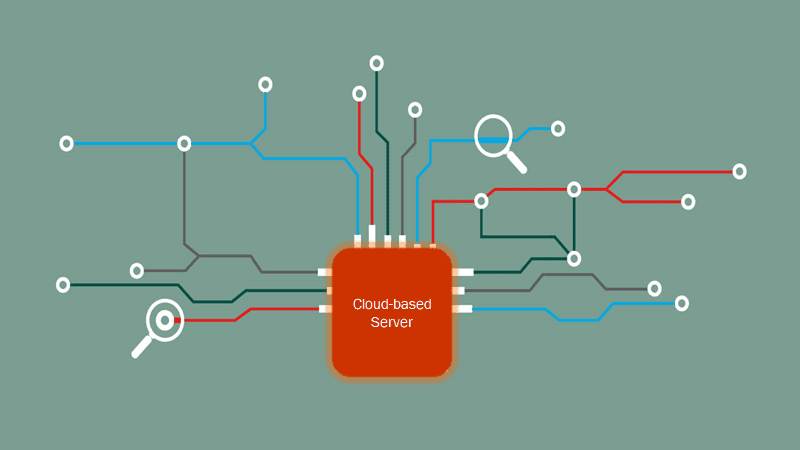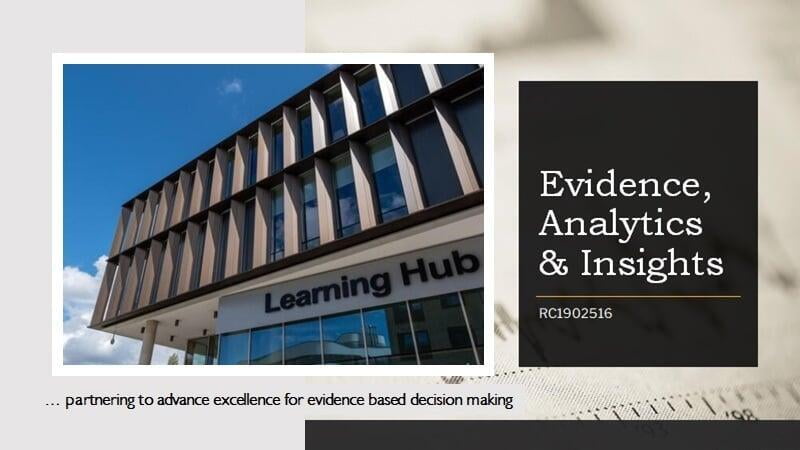Effective Planning for Fieldwork on a Monitoring and Evaluation Project
For any large M&E project, where data collection is happening over different locations, the core management team includes some key personnel such as the Project Manager, Field Coordinator or Supervisor and Data Manager who are responsible for the overall implementation of the M&E Project. This includes administration, operations, technical activities, and training. An enumeration team usually will consist of field managers and enumerators or data collectors. The overall success of the team is dependent on the enumeration team working together efficiently and effectively. The field supervisor's ability to lead the enumeration team is a key criteria for meeting the objectives of any M&E data collection process. Enumerators should communicate successes and challenges among one another and also capitalise on each other’s differences to improve the overall outcomes of the project.
The Field Manager serves as the main point of contact for the enumerators, is responsible for supervising an enumeration team, and reports to the Field Coordinator or the Project Manager. He or she has the overall responsibility of coordinating and supervising all enumeration activities, including providing survey logistics, and conducting monitoring and evaluation and quality assurance spot checks of enumeration areas during the survey implementation period.
The enumeration team is expected to move and work together as a unit. It is important that the Field Supervisor builds trust among team members, fosters an environment of collegiality, and communicates with the team at all times. Frequent team meetings/gatherings are key to building an effective team.
In this blog post, we will discuss some do's and don'ts that can guide a field supervisor in efficient routine planning for data collection and fieldwork in an M&E project.

Planning is important for success
Fieldwork and data collection are crucial components of any monitoring and evaluation (M&E) project. Proper planning is essential for the successful execution of fieldwork activities.
Do's for Routine Planning
- Clearly Define Objectives: Begin by clearly defining the objectives of the M&E project and the specific data collection requirements. This allows the field supervisor to plan the necessary fieldwork activities accordingly. It is best to document these in a manual that can be given to the field team.
- Establish a Detailed Workplan: Develop a comprehensive workplan that outlines the tasks, timelines, and responsibilities of all team members involved in the data collection and fieldwork process. This workplan should be shared with the entire team to ensure everyone is aligned with the project's objectives.
- Address Ethical Considerations: Ensure that the team identifies and adheres to ethical guidelines during data collection. This should start from having documented approval from authorising bodies to collect data if needed as well as permission from community or organisational heads. It is important that practices such as obtaining informed consent from participants and maintaining confidentiality are maintained at all times during the data collection process. Ethical considerations should be integrated into the planning process to protect the rights and privacy of participants. Field supervisors are responsible for constantly reminding the data collection team about the need to maintain all ethical considerations and can include this charge at the start of each day of data collection.
- Choose Appropriate Data Collection and Data Storage Methods: Select the appropriate data collection methods based on the project's objectives and the nature of the data required. This could include surveys, interviews, observations, or a combination of these methods. Consider the validity, reliability, and practicality of each method when making this decision. It is also important to think through how the data collected will be stored during fieldwork. For instance if the data is collected electronically, the server must be functional and the process of uploading the data from digital devices should be tested. Similarly, if data collection is through the use pf paper forms, the process of collecting the completed forms from enumerators and transmitting them to the data manager should be clearly articulated.
- Train and Equip Field Staff: Provide comprehensive training to field staff to ensure they are competent in data collection techniques, ethical considerations, and the use of any specialised tools or technology. It is also important to equip them with the necessary resources, such as data collection forms, digital devices, or transportation, to carry out their responsibilities effectively.
- Pre-test Instruments and Procedures: Conduct a thorough pre-testing of data collection instruments, protocols, and procedures to identify any flaws or challenges. This allows for refining the tools and methods before implementing them on a larger scale, saving time and minimising errors during fieldwork. It is best to incorporate the pre-test process into the training of the field staff, this helps them to be familiar with the tool.
- Speak to the Data Collection Team Everyday: Regular communication helps field supervisors stay updated on the progress of data collection, identify and resolve any issues or challenges faced by the team, and provide necessary guidance and support. It also allows supervisors to clarify objectives, provide feedback, and ensure that data collection protocols and methodologies are being followed accurately. By maintaining open lines of communication, supervisors can foster a positive team environment, boost morale, and enhance overall efficiency and quality of data collection efforts. It may not be possible.
Don'ts for Routine Planning:
- Overlook Local Context and Culture: Understand the local context and culture of the project area. Avoid implementing generic data collection methods without considering the local dynamics. Failure to do so can lead to biases, misinterpretations, and incomplete data. Respecting cultural norms during data collection is crucial for maintaining ethical and respectful practices. One such example is the tradition where men are prohibited from entering dwellings where women live in certain religions. It is essential for field supervisors and data collectors to be aware of such cultural sensitivities and adapt their data collection methods accordingly. This could involve arranging separate interviews or ensuring that female data collectors are assigned to collect data from female respondents. By respecting and accommodating cultural norms, we can establish trust with the community, enhance the quality of data collection, and ensure the dignity and comfort of the participants involved.
- Rush the Planning Process: Allocate sufficient time for routine planning, as rushing through this stage can lead to overlooked details and inadequate preparation. Adequate planning ensures that the necessary resources, logistics, and timelines are in place.
- Rely Solely on Inexperienced Field Staff: It is important to strike a balance between experienced and junior field staff. Relying solely on inexperienced staff can impact the quality and reliability of data collected. Assign experienced staff to oversee and support newer field members.
- Neglect Quality Control Measures: Incorporate quality control measures throughout the data collection process to identify and rectify errors or discrepancies. Regularly monitor the progress, accuracy, and completeness of data collection to ensure the reliability and validity of the collected data.
- Ignore Stakeholder Engagement: Involve relevant stakeholders throughout the routine planning process. This helps in building rapport, obtaining buy-in, and developing a shared understanding of the project objectives and methodology. Regular communication with stakeholders helps address any concerns, clarify expectations, and foster collaboration.

Effective planning for data collection and fieldwork in an M&E project is critical to gathering accurate and reliable data. By following the do's and don'ts outlined in this blog post, field supervisors can ensure a smooth and successful execution of fieldwork activities. The result will be high-quality data that can drive informed decision-making and improve project outcomes.
©Kathryn Adedeji

